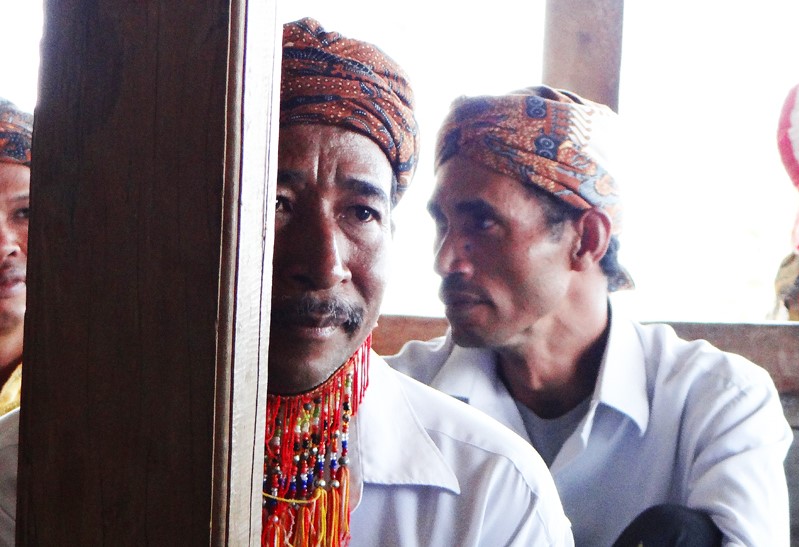In Indonesia, like much of Southeast Asia, I know exactly where I am. 
It’s a country that begins to introduce itself the minute you step onto its aeroplanes or into its airports and it bids you a traditional welcome in a vibrant hallo of batik wearing air stewardesses and old gamelan musicians.
 From the smell of incense wafting by from places unknown to the aroma of spices and coffee percolating in any given establishment, Indonesia is dazzling and distinct in its foregrounding of history and culture adorned on walls, as the motif in malls, the go-to food a la carte and the song in its heart.
From the smell of incense wafting by from places unknown to the aroma of spices and coffee percolating in any given establishment, Indonesia is dazzling and distinct in its foregrounding of history and culture adorned on walls, as the motif in malls, the go-to food a la carte and the song in its heart.
Marrying the modernity of the west with the allure of the east, every day in Indonesia offers some insight into its origins. While its ornate statues depicting great battles of the Ramayana take centre stage at a Bali roundabout, its theatres retell the epic tale scores of times a day with dancers and performers weighed down with intricate and sparkling costumes that catch the light of sunset, fire and tradition.
 The effect is anchoring and astounding and creates a world so alien from one’s own that it is no wonder people journey from all over the world to watch their women weave the way they did a hundred years ago, to walk through temples centuries old and standing and to taste recipes as ancient as they come and as delicious as you please.
The effect is anchoring and astounding and creates a world so alien from one’s own that it is no wonder people journey from all over the world to watch their women weave the way they did a hundred years ago, to walk through temples centuries old and standing and to taste recipes as ancient as they come and as delicious as you please.
Instead of desperately trying to look like somewhere else, Indonesia takes pride in its history, its colours and its culture and every glance in any direction will reveal such startling attention to detail that one can’t help but think that in Indonesians lies an artist’s soul.
To say this, however, says nothing of the singing.
The joy Indonesians take in setting up some instruments or inviting a guitarist into a café and urging audiences or even people off the street to sing something, anything, whatever they like.
For the simple joy of music, of voices and words sung spontaneously.
On a bus from a Bali safari to our hotel in Kuta Beach, our tour guide insists we all sing our national anthem. 
We are a contingent of journalists from Mauritius, Namibia, Kenya, Spain, the Netherlands and Dubai and in the nine days he has known us he asks us for nothing but this.
Our singing.
About our home, about our people and country’s past and future.
Everyone sings except Spain. He is more of a dancer.
And as we croak over the high notes and mumble through our anthem’s tricky phrasing, fleetingly, we embody Indonesia’s sense of pride, it’s delight in its history and it’s need to step up and show off a little because this is the beautiful patch of Earth God has granted them. 
The moment is sobering and spectacular.
It is seed that sees Indonesians for everything they are proud to be and grows in the idea that Namibia, like anywhere on Earth, is worth far more celebration.
From training tour guides able to tell our stories anew in tours that take us back and forward in time, to incorporating our art and traditional dress into our architecture, our airports and our offices rather than reserving tradition and history for fading cultural festivals and curio shops, Namibia could be just as unabashedly in love with itself.
Indonesia calls itself wonderful and it is certainly so.
Namibia is the land of the brave and history knows this to be true but perhaps our courage can be used to do one of the hardest things every individual is faced with on any breathing day:
Be ourselves.
Not like America or South Africa or anywhere else on earth but proud and powerful in our history and idiosyncrasy.
So much so that our identity becomes visible in the very fabric of our spaces, our cuisine and our cultural holidays.
Ever proud, didactic, commemorative and present.


